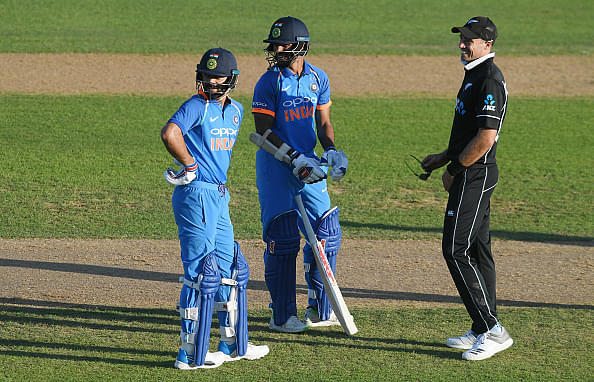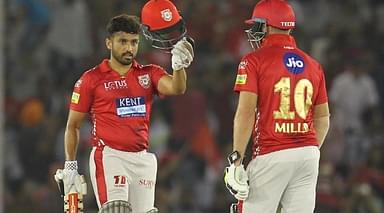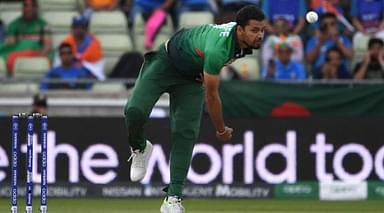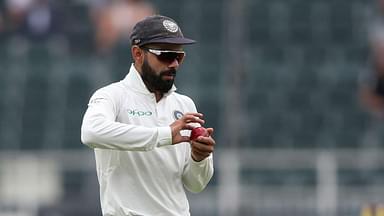ICC New Rules: ICC have introduced as many as five new rules to be followed as cricket looks set to resume post COVID-19 outbreak.
Advertisement
International Cricket Council have made amendments to five existing rules in cricket to ensure smooth flow of the sport post the COVID-19 outbreak. It is worth mentioning that international cricket will resume from July 8 as England will host West Indies for a three-match Test series.
Led by former India captain Anil Kumble, the ICC Cricket Committee had suggested recommendations to ICC’s Chief Executive Committee (CEC) with respect to introducing relaxations in the rules to allow both players and officials to adjust to the sport easily.
Very prudent call to allow local umpires to officiate. @ICC confirms the interim measure for the time being. Also allows for replacements in case of a medical emergency. Again a very imp decision.
— Boria Majumdar (@BoriaMajumdar) June 9, 2020
ICC New Rules
COVID-19 substitutes
Cricket, a sport which didn’t have a room for replacements for more than a decade until concussion substitutes were introduced last year, will now also support like-for-like replacements for any player who shows COVID-19 symptoms during a Test match.
“In line with concussion replacements, the Match Referee will approve the nearest like-for-like replacement,” the ICC said regarding COVID-19 substitutes.
Five-run penalty for use of saliva
ICC banning the use of saliva to restrict the spread of the disease had invited opinions from Australia all-rounder Marnus Labuschagne, spearhead Mitchell Starc and batsman Steve Smith, Indian spinners in Harbhajan Singh and Ravichandran Ashwin , fast bowler Jasprit Bumrah and England pacer Saqib Mahmood in the past.
Fielding teams are expected to receive two warnings before umpires will penalise them with a 5-run penalty. The ICC has laid emphasis on players adjusting to a significant change initially but repeated offenders are likely to put their team in trouble.
“If a player does apply saliva to the ball, the umpires will manage the situation with some leniency during an initial period of adjustment for the players, but subsequent instances will result in the team receiving a warning. A team can be issued up to two warnings per innings but repeated use of saliva on the ball will result in a 5-run penalty to the batting side,” the ICC said in a media release.
Non-neutral umpires
“Owing to the current logistical challenges”, it is after a long haul that neutral umpires won’t officiate in Test matches. Local umpires would be selected from ICC’s Elite Panel and International panel of match officials.
While the same will give opportunities to many local umpires, it also has it in it to affect the accuracy of decision especially with the introduction of rookie umpires in some cases. It is for the same reason that the below mentioned amendment has been made.
Additional DRS reviews
Currently, a team is allowed to have two unsuccessful reviews in Test matches and one in white-ball formats per innings. With the involvement of “lesser experienced” umpires, teams will enjoy an extra review across formats.
“The CEC has also confirmed an additional unsuccessful DRS review for each team in each innings of a match, keeping in mind that there may be less experienced umpires on duty at times. This will increase the number of unsuccessful appeals per innings for each team to three for Tests and two for the white-ball formats,” read ICC’s statement.
Additional logo on Test jersey
There is no going into a safe house regarding the fact that cricket has suffered financially when it comes to the consequences of the global crisis.
While there is a provision of a sponsors logo at the chest of the players in limited-overs cricket, ICC have now allowed teams to don a logo in Test matches as well as the same will unequivocally add to revenues of Test playing nations and their cricket boards.
It is worth mentioning that this amendment will only be applicable for the next 12 months. Once normalcy resumes, Test jerseys are likely to be devoid of sponsor logos.







